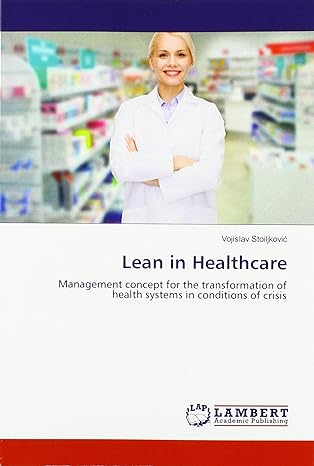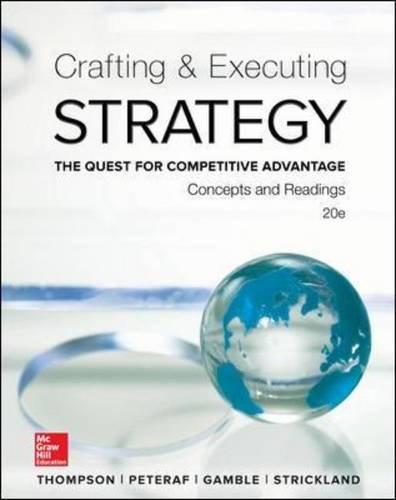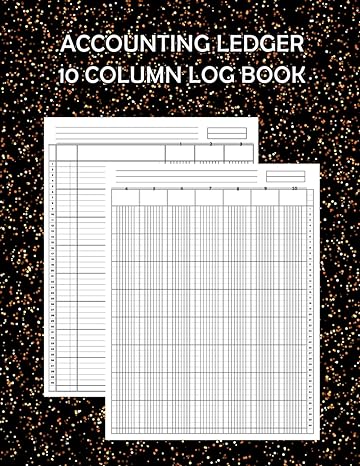Go back


Lean In Healthcare Management Concept For The Transformation Of Health Systems In Conditions Of Crisis(1st Edition)
Authors:
Vojislav Stoiljkovic

Cover Type:Hardcover
Condition:Used
In Stock
Shipment time
Expected shipping within 2 DaysPopular items with books
Access to 30 Million+ solutions
Free ✝
Ask 50 Questions from expert
AI-Powered Answers
✝ 7 days-trial
Total Price:
$0
List Price: $81.00
Savings: $81(100%)
Solution Manual Includes
Access to 30 Million+ solutions
Ask 50 Questions from expert
AI-Powered Answers
24/7 Tutor Help
Detailed solutions for Lean In Healthcare Management Concept For The Transformation Of Health Systems In Conditions Of Crisis
Price:
$9.99
/month
Book details
ISBN: 6139841437, 978-6139841431
Book publisher: LAP LAMBERT Academic Publishing
Get your hands on the best-selling book Lean In Healthcare Management Concept For The Transformation Of Health Systems In Conditions Of Crisis 1st Edition for free. Feed your curiosity and let your imagination soar with the best stories coming out to you without hefty price tags. Browse SolutionInn to discover a treasure trove of fiction and non-fiction books where every page leads the reader to an undiscovered world. Start your literary adventure right away and also enjoy free shipping of these complimentary books to your door.
Book Summary: This book describes the application of the Lean concept in the realization of the three projects. Lean Tools are presented and given real examples of their use in reducing 8 significant wastes in processes identified by designated teams to improve the process. The introduction of this book points to the beginning of the implementation of Lean projects in Clinical Center Niš. The second chapter speaks of "Health on the Burning Platform." In this chapter indicates that health is in a challenging situation and that it is a necessary change to "survive." In the third chapter, the presentation "History Develops Management Concepts" is given in a period longer than 100 years. The fourth chapter describes the five basic principles of the Lean concept: value, value flow, flow, pull and perfection. The fifth chapter describes eight significant wastes: defects, overproduction, waiting, insufficient use of people, transport, inventory, movement and over processing. The sixth chapter describes 20 Lean tools that most commonly used for process improvement. Chapter Seven shows the completed Lean projects 01-2012 and 02-2012.
Customers also bought these books
Frequently Bought Together
Top Reviews for Books
Request nx9bwp0
( 4 )
"Delivery was considerably fast, and the book I received was in a good condition."










